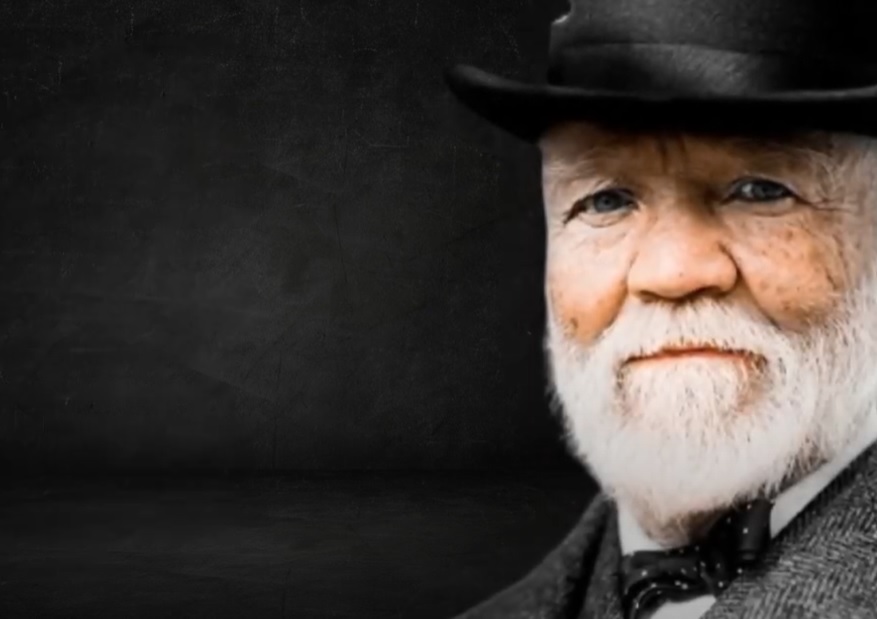
Andrew Carnegie was one of the most successful business leaders of the 19th century. He was a self-made man who rose from humble beginnings to become one of the wealthiest men in America. In addition to his business acumen, Carnegie was also known for his leadership skills. In this article, we will explore the characteristics of Andrew Carnegie’s leadership and how they contributed to his success.
One of the key characteristics of Carnegie’s leadership was his vision. He had a clear vision of what he wanted to achieve, and he was able to articulate that vision to others. He saw the potential of the steel industry and was determined to build a company that would dominate it. He also had a vision for the role that his company could play in society. He believed that business leaders had a responsibility to use their wealth for the greater good, and he was committed to philanthropy throughout his life.
Another important characteristic of Carnegie’s leadership was his ability to surround himself with talented people. He recognized that he could not achieve his vision alone and he was not afraid to hire people who were smarter than him. He believed in delegating authority and empowering his employees to make decisions. This approach allowed him to build a strong team that was able to execute his vision.
Carnegie was also known for his innovation and willingness to take risks. He was not content with the status quo and was always looking for ways to improve his business. He was an early adopter of new technologies, such as the Bessemer process for making steel, and he was willing to invest in research and development. He was also willing to take risks, such as investing in the Homestead Steel Works, which was a risky venture at the time.
Another key characteristic of Carnegie’s leadership was his ability to motivate and inspire his employees. He believed in treating his employees well and was committed to providing them with good working conditions and fair wages. He also believed in recognizing and rewarding good performance. He was known for writing personal notes of thanks and encouragement to his employees, and he encouraged them to take pride in their work.
Carnegie was also a skilled communicator. He was able to articulate his vision clearly and was known for his persuasive speaking style. He was also a prolific writer and wrote several books, including “The Gospel of Wealth,” in which he articulated his philosophy of philanthropy.
Finally, Carnegie was known for his humility and his commitment to ethical principles. Despite his enormous wealth and success, he remained humble and was committed to giving back to society. He believed that business leaders had a responsibility to use their wealth for the greater good and he was a generous philanthropist throughout his life. He was also committed to ethical principles and believed in treating his employees and customers with fairness and respect.
In conclusion, Andrew Carnegie’s leadership was characterized by his vision, his ability to surround himself with talented people, his innovation and willingness to take risks, his ability to motivate and inspire his employees, his communication skills, and his humility and commitment to ethical principles. These characteristics allowed him to build a successful business empire and to become one of the most influential business leaders of his time. His legacy as a leader continues to inspire business leaders today.